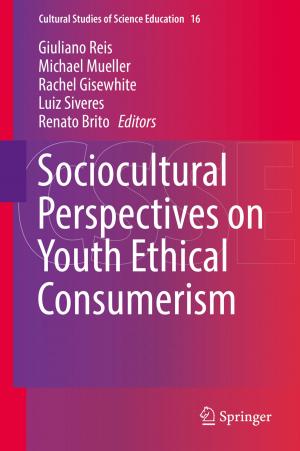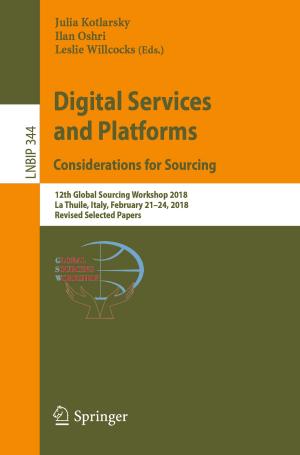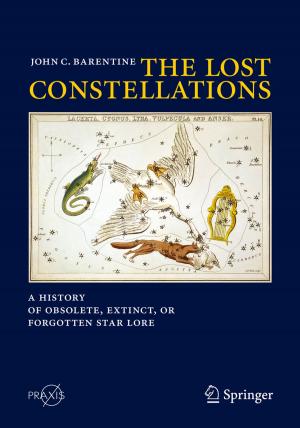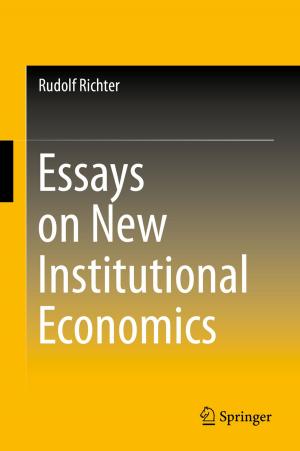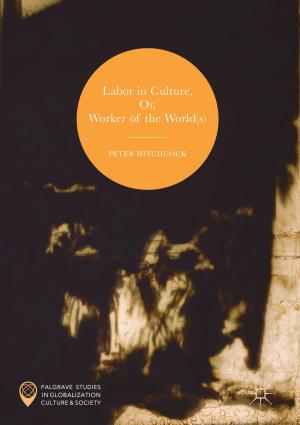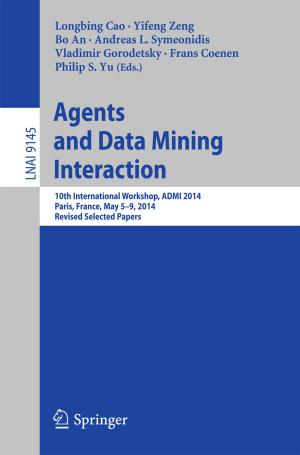Muslim Custodians of Jewish Spaces in Morocco
Drinking the Milk of Trust
Nonfiction, Social & Cultural Studies, Social Science, Sociology, Marriage & Family, Anthropology| Author: | Cory Thomas Pechan Driver | ISBN: | 9783319787862 |
| Publisher: | Springer International Publishing | Publication: | April 16, 2018 |
| Imprint: | Palgrave Macmillan | Language: | English |
| Author: | Cory Thomas Pechan Driver |
| ISBN: | 9783319787862 |
| Publisher: | Springer International Publishing |
| Publication: | April 16, 2018 |
| Imprint: | Palgrave Macmillan |
| Language: | English |
Exploring the roles of Muslim guards and guides in Jewish cemeteries in Morocco, Cory Thomas Pechan Driver suggests that these custodians use performances of ritual and caring acts for Jewish graves for multiple reasons. Imazighen [Berbers] stress their close ties with Jews in order to create a moral self intentionally set apart from the mono-ethically Arab and mono-religiously Muslim Morocco. Other subjects, and particularly women, use their ties with Jewish sites to harness power and prestige in their communities. Others still may care for these grave sites to express grief for a close Jewish friend or adoptive family. In examining these motives, Driver not only documents the flow of material and spiritual capital across religious lines, but also moves beyond Muslim memory of the past on the one hand and Jewish dread of the future on the other to think about the Muslim/Jewish present in Morocco.
Exploring the roles of Muslim guards and guides in Jewish cemeteries in Morocco, Cory Thomas Pechan Driver suggests that these custodians use performances of ritual and caring acts for Jewish graves for multiple reasons. Imazighen [Berbers] stress their close ties with Jews in order to create a moral self intentionally set apart from the mono-ethically Arab and mono-religiously Muslim Morocco. Other subjects, and particularly women, use their ties with Jewish sites to harness power and prestige in their communities. Others still may care for these grave sites to express grief for a close Jewish friend or adoptive family. In examining these motives, Driver not only documents the flow of material and spiritual capital across religious lines, but also moves beyond Muslim memory of the past on the one hand and Jewish dread of the future on the other to think about the Muslim/Jewish present in Morocco.

